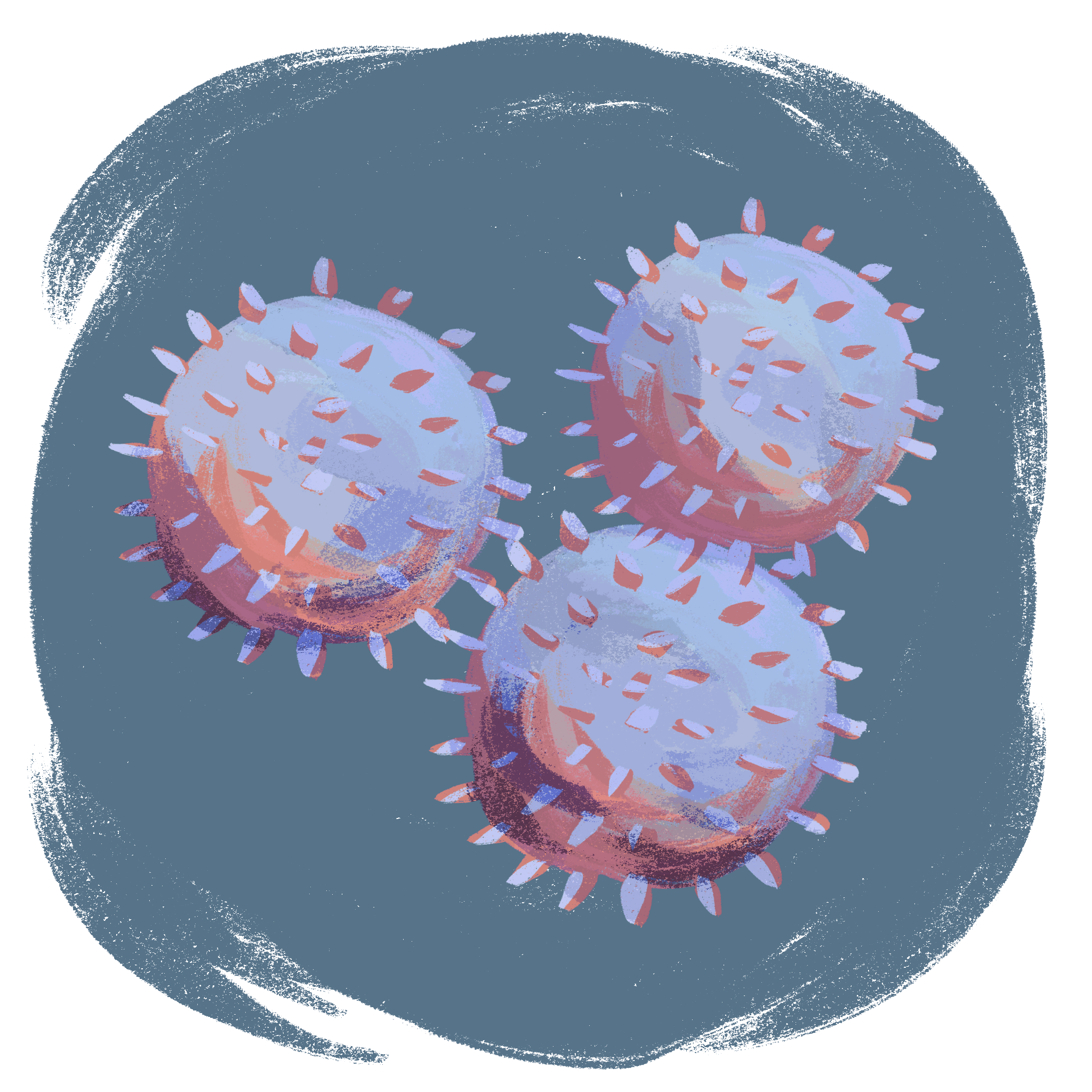COVID-19 cases rise in Yale and New Haven
In recent weeks, COVID-19 cases have steadily risen within Yale University and the greater New Haven area.

Cecilia Lee
Yale and New Haven are experiencing a surge in COVID-19 cases, prompting University and city officials to encourage booster shot vaccinations and emphasize pandemic precautions.
According to the University’s data on the state of COVID-19 within the Yale community, positive COVID-19 cases in faculty, staff and students began increasing at the beginning of November, with Yale reporting 88 positive cases between Nov. 15 and Nov. 21. Yale’s COVID-19 status remains at green alert, which means cases on campus are infrequent or sporadic and the health risks from infection are reduced due to vaccination. Still, with case numbers rising, one professor expressed concern that not all graduate students participate in the University’s weekly testing. For its part, University officials have advised students to receive booster shots and avoid indoor dining at New Haven restaurants.
“I think we’re bumping up against a big question mark right now and that is, are our students sufficiently immune at this moment that we could sustain things for the next few months,” Howard Forman, professor of radiology and public health, said.
New Haven’s level of community transmission is “high,” according to the CDC, and the city’s COVID-19 Alert Level is red, which means there is a high spread and CDC recommends even vaccinated people wear masks. On Nov. 29, the city reported an average of 210 cases per day in New Haven — a 62 percent increase from the average reported two weeks before. While other Connecticut municipalities have dropped mask mandates, New Haven officials announced last week that the Elm City’s will remain in place.
According to Forman, the onset of winter and the return of Yale students from last week’s break may contribute to the uptick.
“This is a seasonal effect and we sort of anticipated this,” Forman told the News. “But it was a very different situation now that students are returning from Thanksgiving break, that may be a factor that is going to cause a higher caseload than we otherwise expected.”
Forman explained that increased indoor activities during colder months add to the likelihood of transmission. Because students and faculty are more likely to be exposed to unvaccinated people during the break, there may be more positive cases and mild symptoms could spread into the campus community, he said.
Overall, Forman said he believes that Yale is managing the COVID-19 situation well, and no aggressive action is needed at this moment. City officials have also expressed optimism — New Haven County’s vaccination rate for residents over 12 sits just above 80 percent. New Haven Health Director Maritza Bond stressed last week that the city’s positivity rate is only 1.6 percent, which is significantly lower than New Haven County’s rate of 3.5 percent.
Saad Omer, director of Yale Institute for Global Health, agreed that the test positivity rate at Yale “remained low in the absolute sense” because of the high vaccination rate. Yale currently has a vaccination rate of 99.7 percent among undergraduate students, 98.9 percent among graduate and professional students, 97.1 percent among faculty members and 93.2 percent among staff.
To protect oneself and others, Forman advocated for measures such as masking, testing regularly and getting booster shots.
For the many Yale students who received their last shots more than six months ago, Forman strongly recommended getting booster shots as soon as possible. It remains unclear if the current vaccine and booster will be able to protect people from the new Omicron variant. This evidence should be made available in the next two weeks, according to Forman.
Forman said booster shots may eventually become mandatory.
University COVID-19 Coordinator Stephanie Spangler has been sending out weekly emails to members of the Yale community and encouraging them to get booster shots, refrain from travel and consider take-out or delivery options instead of in-person, off-campus dining. Yale continues its indoor mask wearing and weekly testing policies.
Forman said he is in support of testing routinely but is concerned with different testing requirements across programs.
“I’m surprised to learn that in some of the graduate programs there are a lot of students on campus who are not required to test right now,” said Forman. “I would strongly favor changing that so that we have more people getting mandatory testing at least once a week.”
Lydia Yueyue Qu, a first-year doctorate student from the Department of Psychology, confirmed that in some graduate programs, students who live off campus — like her — are not required to take the test.
Spangler could not be reached for comment at the time of publication.
Last week, New Haven reported nine COVID-19 cases per 100,000 people. As of today, the number has risen to 15 cases per 100,000 people.
“We are certainly concerned about the cases continuing to rise as we continue to have cold weather and increased indoor activities,” Maritza Bond, director of health in New Haven, told the News. “And also, people just, frankly … [are] just sort of over COVID. But COVID is definitely not over us yet.”
Bond encouraged eligible people to get booster shots at one of the New Haven clinic sites. By the time of publication, the New Haven Health Department clinic has delivered 595 booster doses.
“I do want to caution our residents in our Yale community to make sure that they follow the proper precautions on preventing [transmission],” said Bond. “Be mindful of indoor activities, and make sure that people continue to stay safe.”
On Nov. 29, Connecticut’s daily positivity rate was 5.25 percent, and the New Haven daily positivity rate was 1.80 percent.







